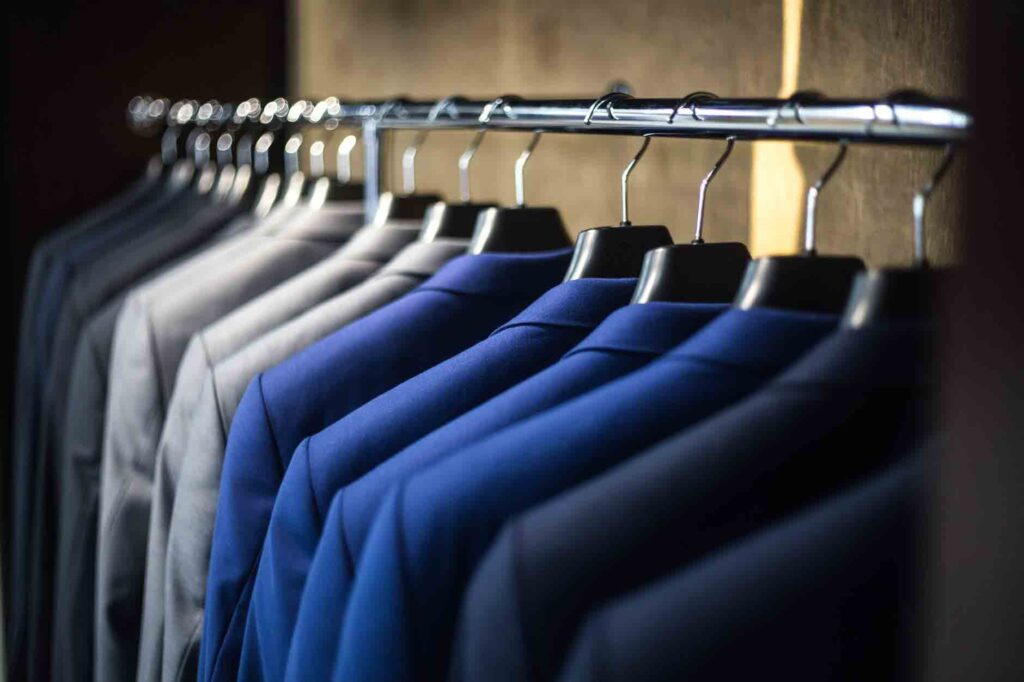A key focus of my blog is Creating Ecosystems of Success. A key aspect of any of our lives is our wardrobe. Our wardrobe can impact how people view us and even treat us. In some regards, wardrobes are organic things that the items in them have lives and can outlive their usefulness by the owner. The following contributed post is entitled, Building a Sustainable Wardrobe.
* * *
We are a terrifyingly, throw-away society. We buy cheap clothes knowing that we’ll probably only wear them a few times before we throw them away. We replace our phones and other tech every few years, and we’d never dream of sowing up a hole in a sock. We’d just buy a new pair; they are only cheap, after all.
But, we’re also becoming more aware of the damage that we are doing to the environment with our poor habits. We’re trying to use less plastic and more reusables. We’re researching environmentally-friendly changes that we could make at home, and we’re repairing things instead of replacing them.
But what about our wardrobes? If you are the kind of person that has a closet bursting with clothes that you have hardly worn, or you buy a new outfit for every event that you attend, it might be time to start thinking about some changes.

Learn More
To start, learn more about modal fibre properties and other sustainable materials. Research your favorite brands to find out more about the materials that they use and their policies. You might find that they have sustainable ranges already. Learn more about sustainable fashion in general, so that you know what you are looking for.
Don’t Replace for the Sake of Sustainability
If you’ve got a wardrobe filled with fast fashion, you might think that the best thing to do is throw it all out and replace things with more sustainable, long-lasting options. But, this kind of goes against everything that we’re trying to do.
Don’t start replacing things for the sake of sustainability; that’s just creating more waste. Wear your clothes until they can no longer be worn, and then replace them with a more environmentally-friendly and sustainable alternative. If you don’t want something anymore, and it still has life to give, donate it to a charity shop or give it away, instead of binning it.
Spend a Little More
Often with clothes, we get what we pay for. Fast fashion is cheap, but it doesn’t last and has often been produced under poor conditions. Spend a little more of higher-quality clothes, and they’ll last a long longer, perhaps even saving you money long-term. Buy what you can afford, even if it means buying a lot less.
Check Working Conditions as Well as Materials
When it comes to buying sustainable fashion, you shouldn’t just be looking for the use of recycled or otherwise sustainable materials, like bamboo cotton. You should also be considering where and how your clothing has been produced, and the working conditions on the production lines. Many brands now publish this information, and it’s easier to find than it used to be.
Shop More Mindfully
Often a key to sustainable living, whether we are talking about fashion or any other areas of life, is being more mindful.
Think before you buy. Do you need it? Will it last? Will you get a lot of wear from it?
Buy Second-Hand
Another option is buying second-hand. Even if the materials aren’t sustainable, giving new life to a product stops more being created, and prevents clothing from ending up in the bin. Buying from charity shops also gives you a chance to donate.
